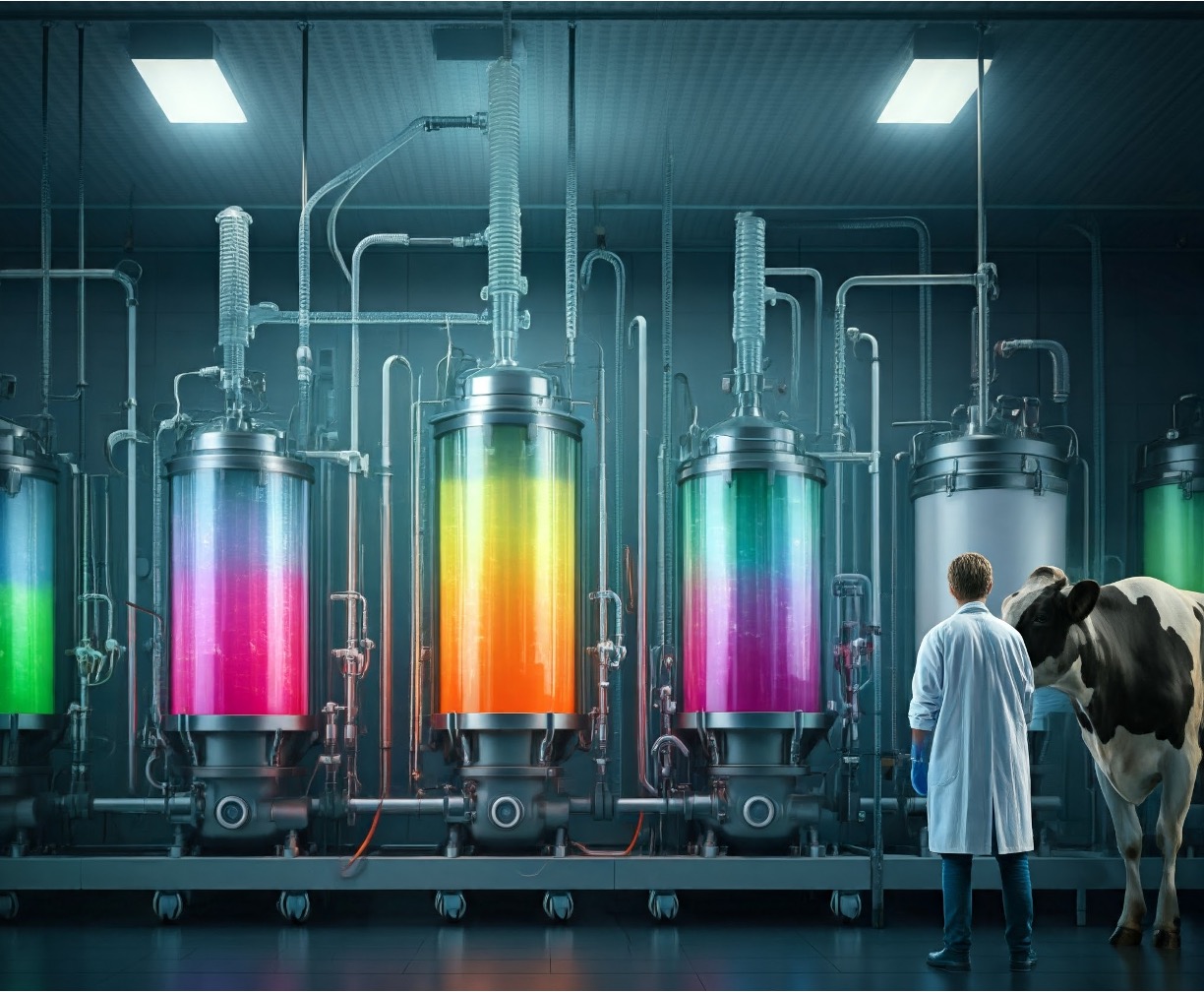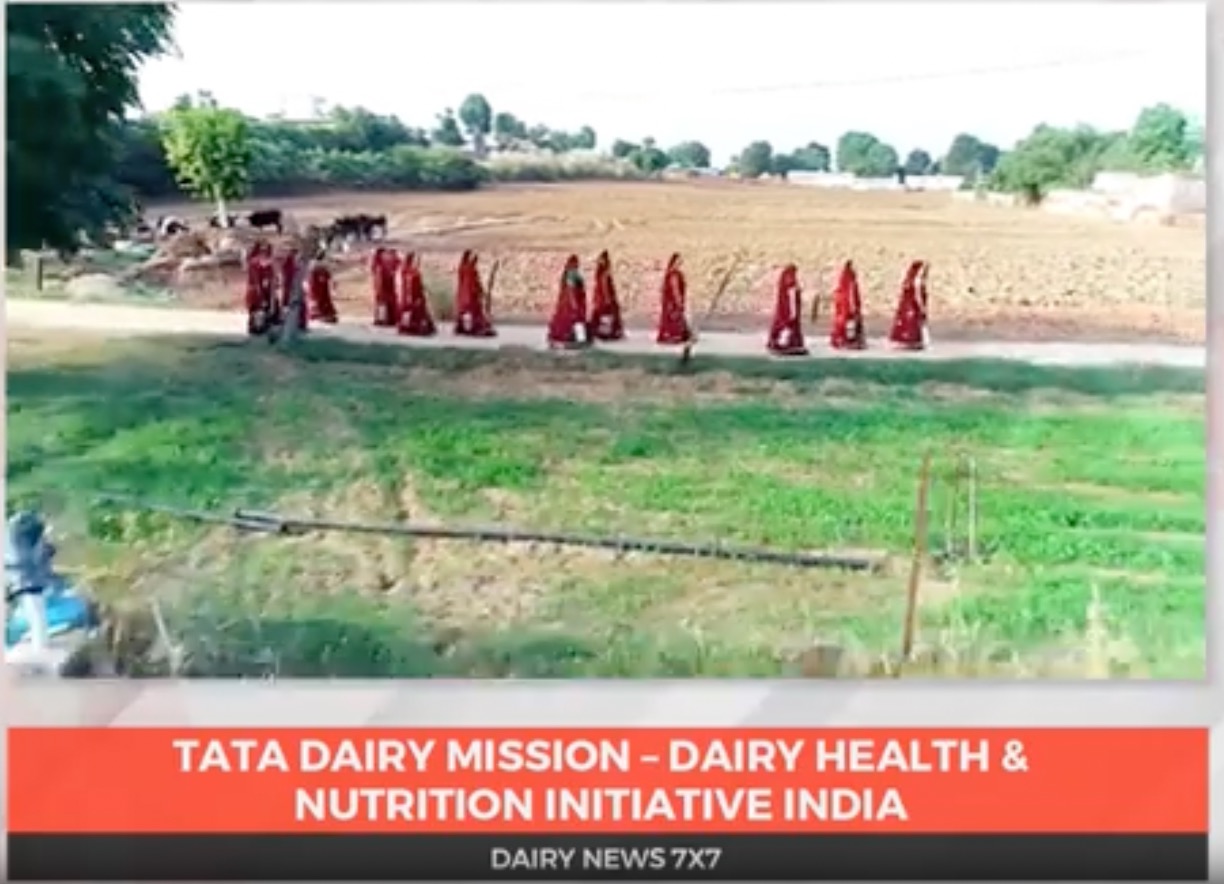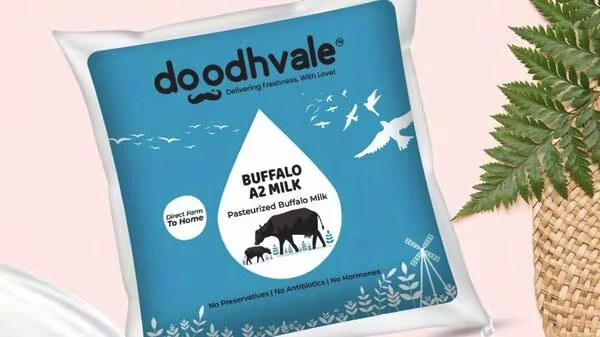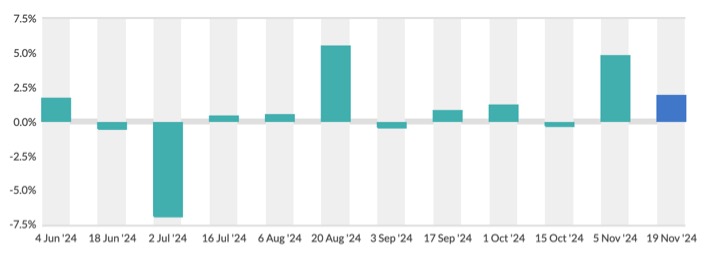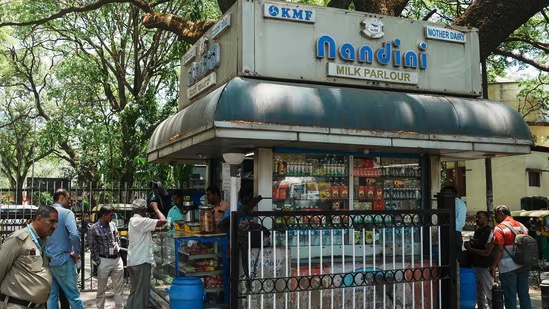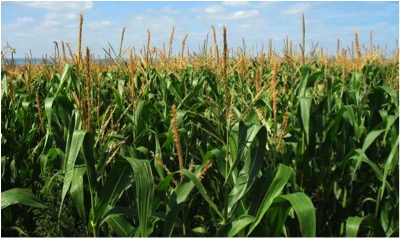The BioE3 policy, launched by the Indian government in August 2024, emphasizes promoting biomanufacturing across various sectors, including smart proteins and functional foods, such as lab-made dairy products. The policy focuses on advancing a circular bioeconomy, boosting India’s biotechnology capabilities, and supporting green growth. Lab-made dairy is positioned as part of the alternative proteins sector, potentially addressing critical global issues like food security, climate change, and sustainable agriculture.
However, the inclusion of lab-made dairy in the BioE3 policy raises significant concerns, particularly for India’s traditional dairy farming sector. India is home to approximately 8 crore dairy farmers, many of whom rely heavily on traditional milk production for their livelihoods. The introduction of lab-made milk could disrupt the demand for natural milk, leading to a decrease in income for these farmers. Furthermore, the shift to lab-grown milk may undermine India’s efforts to build a sustainable dairy ecosystem, which supports rural economies, biodiversity, and soil health.
Consumer perception
Another challenge involves market competition. Lab-made milk, which could potentially be produced at lower costs, might threaten traditional milk markets by affecting prices and overall market dynamics. Small-scale farmers, who form the backbone of India’s dairy industry, could be particularly disadvantaged in such a scenario.
From a consumer perspective, lab-made milk faces skepticism, especially among those who view these products as “unnatural.” Health concerns, as well as differences in taste and pricing, are also barriers to widespread acceptance. In India, where consumers place significant value on fresh, locally sourced milk, lab-made dairy may face mixed demand, further complicating its integration into the broader dairy sector.
Nutritional value
When examining the nutritional value of lab-made dairy, the results are still evolving. Companies like Perfect Day claim that their lab-grown milk proteins are nutritionally equivalent to those in cow’s milk. However, some research challenges this assertion. For instance, tests on products like Bored Cow‘s lab-made milk revealed differences in the amino acid composition compared to natural milk. Researchers also discovered 92 unknown compounds in lab-produced proteins, raising concerns about their nutritional impact and safety. The production process, though referred to as “precision fermentation,” has introduced various unexpected byproducts, making the nutritional profile less predictable
Lab-made dairy proteins also face challenges related to genetically modified organisms (GMO). In some cases, GMO-derived yeast used in the fermentation process leaves behind traces of genetically modified DNA, further complicating the safety profile of these products. Long-term health impacts of lab-grown proteins have yet to be comprehensively studied.
On a positive note, innovations in lab-made dairy, such as the use of exosomes (derived from human breast milk), show promise in enhancing immune function and reducing inflammation. Such advancements could lead to more personalized and nutritionally enhanced dairy products, particularly for specialized diets.
In conclusion, while lab-made dairy aligns with global trends in sustainable food production, its integration into India’s dairy sector needs careful consideration. The BioE3 policy promotes these innovations, but the government must balance this with the protection of small-scale farmers, who are critical to the country’s rural economy. A long-term strategy is essential to ensure that innovation does not come at the cost of farmers’ livelihoods and cultural preferences.


